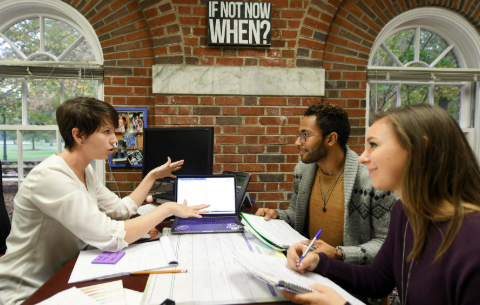First-generation students—those who are the first in their families to attend college—bring unique strengths and perspectives to higher learning institutions. However, they may also face specific challenges as they navigate academic environments without the guidance of relatives who have experienced higher education. Providing targeted support can help these students succeed and feel empowered throughout their educational journey.
One of the most effective ways to support first-generation students is through orientation programs and early outreach. Specialized orientation sessions can introduce students to campus resources, academic expectations, and student life. This foundation builds confidence and eases the transition into college.
Mentorship programs are also crucial. Pairing first-generation students with mentors—whether faculty members, staff, or peers—can offer personalized guidance, answer questions, and provide encouragement. Mentors help students navigate complex systems such as course registration, financial aid, and career planning.
Access to academic support services is another key element. Tutoring centers, writing labs, and study skills workshops offer essential assistance to students who may be adjusting to the academic rigor of higher education. These resources reinforce learning and contribute to academic confidence.
Creating inclusive communities plays an important role in helping first-generation students feel a sense of belonging. Cultural centers, student organizations, and discussion groups provide spaces for students to connect, share experiences, and build supportive relationships.
Financial aid guidance is particularly important for first-generation students, who may be unfamiliar with processes like applying for grants, scholarships, or budgeting for college expenses. Dedicated staff can offer workshops and one-on-one support to help students make informed financial decisions.
Higher learning institutions can also promote awareness and inclusivity by celebrating first-generation student achievements and organizing campus-wide events that highlight their contributions. These efforts help foster a culture of respect and recognition.
In summary, supporting first-generation students in higher learning requires a combination of practical resources, inclusive practices, and personal encouragement. By creating a welcoming and informed environment, institutions can ensure that these students thrive academically, socially, and personally.














